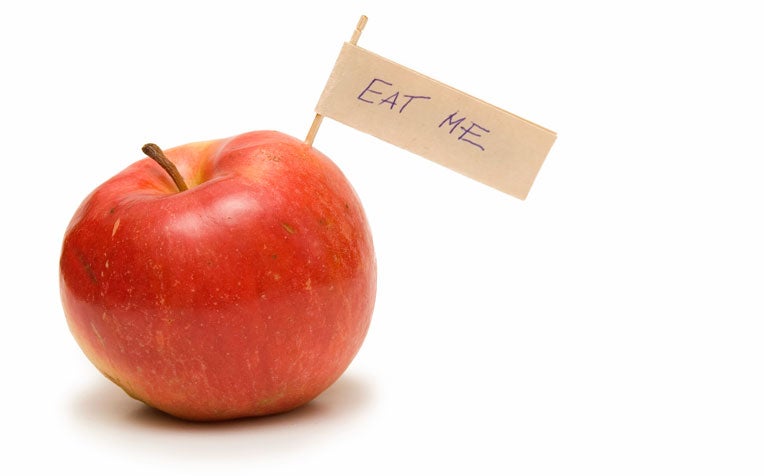
Pregnancy What should you be eating? Is there anything you should avoid?
Ms Kellie Kong, Dietitian from the Department of Nutrition & Dietetics, KK Women’s and Children’s Hospital (KKH), a member of the SingHealth group, comments on more Singapore pregnancy food myths and clarifies misconceptions regarding what to eat during pregnancy.
Singapore pregnancy food myths (continued)
Myth #6: Avoiding eggs, cow’s milk, nuts and wheat when I’m pregnant will reduce my baby’s risk of developing allergies.
Fact: The evidence to date does not support the belief that avoiding these foods during pregnancy will reduce your baby’s risk of developing allergies.
Similarly, there is no evidence that consuming oranges or citrus fruits during pregnancy will increase your baby’s risk of asthma.
Myth #7: Eating bird’s nest during pregnancy increases the risk of asthma in the baby/child.
Fact: Bird’s nest allergy is unique to Asian children and can occur at any age. However, there are currently no research findings indicating that taking bird’s nest during pregnancy will put your children at higher risk of developing asthma.
As all foods should be consumed in moderation, we do not advise for or against taking bird’s nest during pregnancy.
Myth #8: Eating bird’s nest and avoiding dark-coloured foods will give my baby fair skin.
Fact: Your baby’s skin colour is genetically determined. There is no scientific evidence to show that eating bird’s nest during pregnancy can lighten your baby’s skin pigmentation. Similarly, there is no evidence that eating soybean products such as tofu and soybean milk and avoiding dark-coloured foods like coffee when you’re pregnant will affect the colour of your baby’s skin.
Myth #9: Bittergourd causes contractions and should be avoided during pregnancy.
Fact: Bittergourd juice or paste is used as a traditional method of contraception/abortion in some cultures. A few studies done on mice have shown that bittergourd juice in very large amounts may cause contractions. However, there is no evidence that bittergourd fruit itself can cause contractions during pregnancy.
Hence, bittergourd fruit may be safe to eat during pregnancy when it is taken in moderation and with a variety of other vegetables as part of a balanced diet. If you wish to avoid bittergourd fruit altogether, you may do so, as long as you are eating other types of vegetables.
Myth #10: It’s not safe to eat mooncakes during pregnancy.
Fact: All mooncakes sold in Singapore must meet the Agri-Food & Veterinary Authority’s (AVA) import requirements and are safe for pregnant women to eat.
Nevertheless, it’s advisable to eat mooncakes in small amounts and only if you do not have gestational diabetes (i.e. diabetes during pregnancy).
This is because mooncakes are packed with calories, sugar and saturated fat, and are low in nutrients that can benefit either you or your baby.
To avoid excessive weight gain and to lower your risk of gestational diabetes, high blood cholesterol and heart disease, limit yourself to a small amount e.g. 1/8 to ¼ mooncake, once or twice a week.
Myth #11: Eating herbs and tonics will make my baby more intelligent.
Fact: There is no scientific evidence to show that consuming herbs and tonics during pregnancy will help your baby become more intelligent.
Myth #12: Royal jelly can boost fertility and make my baby more intelligent
Fact: Royal jelly is said to have some fertility properties and to help women conceive. However, it has estrogenic activity and has been shown to cause a thinning of the uterine lining when injected into pregnant rats.
There is not enough reliable evidence on the safety of royal jelly in pregnant women. So, to be safe, you should avoid it. If you still wish to consume royal jelly during pregnancy, you may do so in small doses.
More uniquely Singaporean pregnancy food myths busted on the next page.
Ref: O17


















 Get it on Google Play
Get it on Google Play